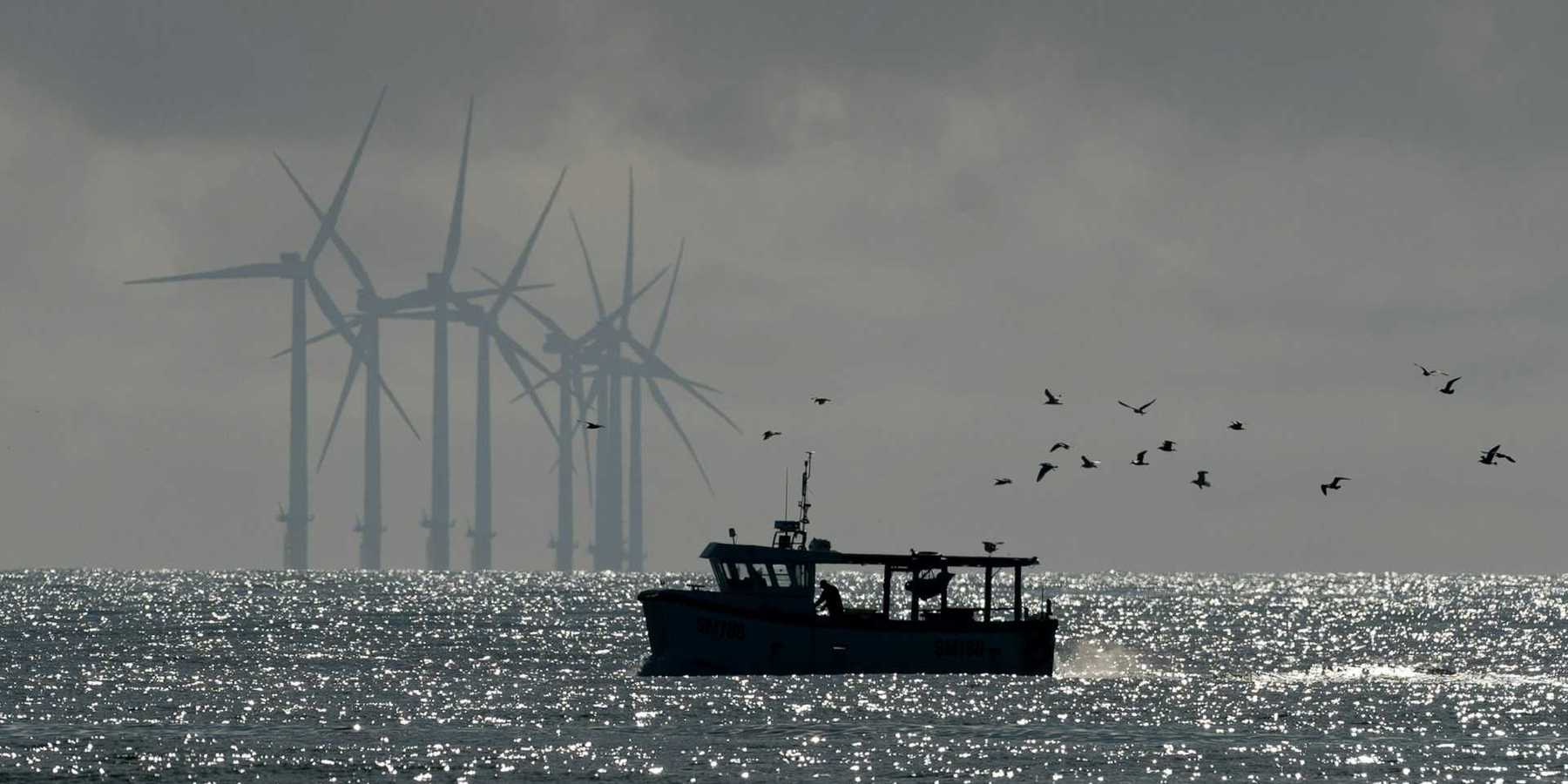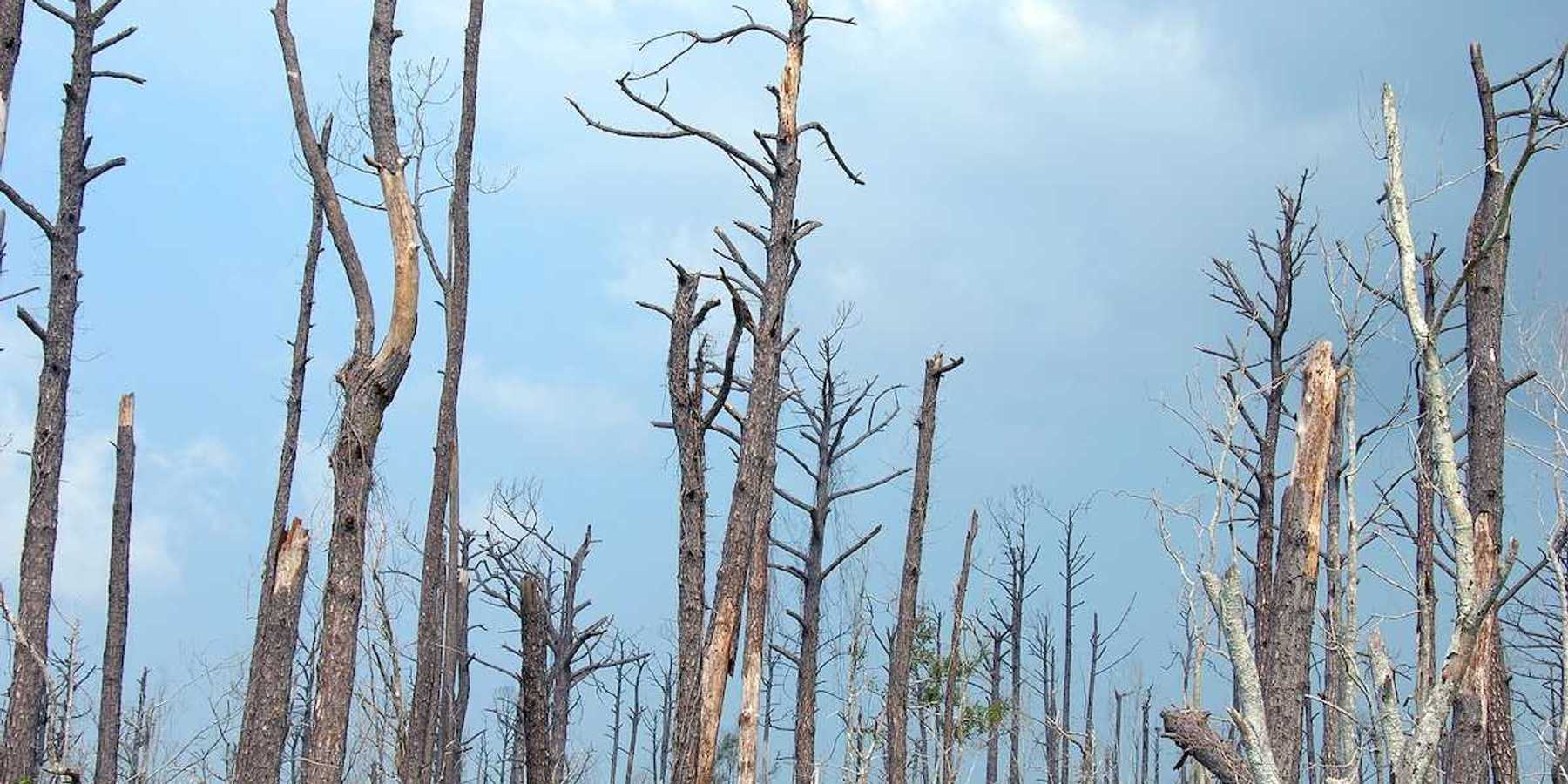Railway ordered to pay tribe $400 million for trespassing with oil trains
A federal judge has ordered BNSF Railway to pay nearly $400 million to the Swinomish Tribe for repeatedly trespassing with oil trains across their reservation.
Gene Johnson reports for The Associated Press.
In short:
- BNSF Railway intentionally ran 100-car crude oil trains across the Swinomish reservation, violating a 1991 easement limiting trains to 25 cars per day.
- The tribe sued in 2015, leading to a ruling that BNSF profited significantly from the trespassing, resulting in the large financial judgment.
- The tribe expects BNSF to appeal the ruling, which includes both profits from the trespassing and additional post-tax profits.
Key quote:
“We know that this is a large amount of money. But that just reflects the enormous wrongful profits that BNSF gained by using the Tribe’s land day after day, week after week, year after year over our objections.”
— Steve Edwards, chairman of the Swinomish Indian Tribal Community
Why this matters:
The Swinomish Tribe, located in Washington State, has long fought to protect its lands and waters from the risks associated with transporting hazardous materials like crude oil. The judge's decision emphasizes the importance of honoring agreements with Native American tribes and the need for companies to respect tribal sovereignty. For the Swinomish, the ruling is a significant victory that will provide much-needed funds to address the environmental impacts and potential risks posed by these unauthorized trains.













